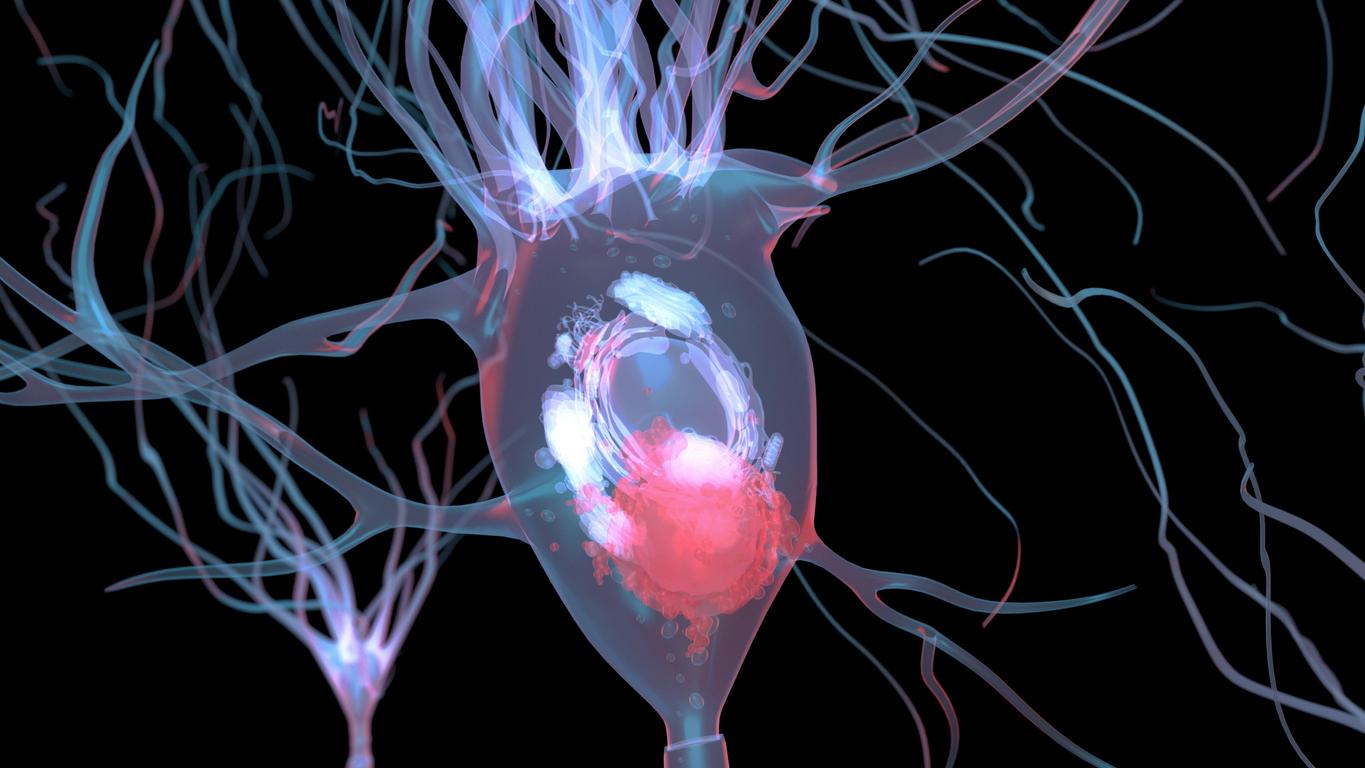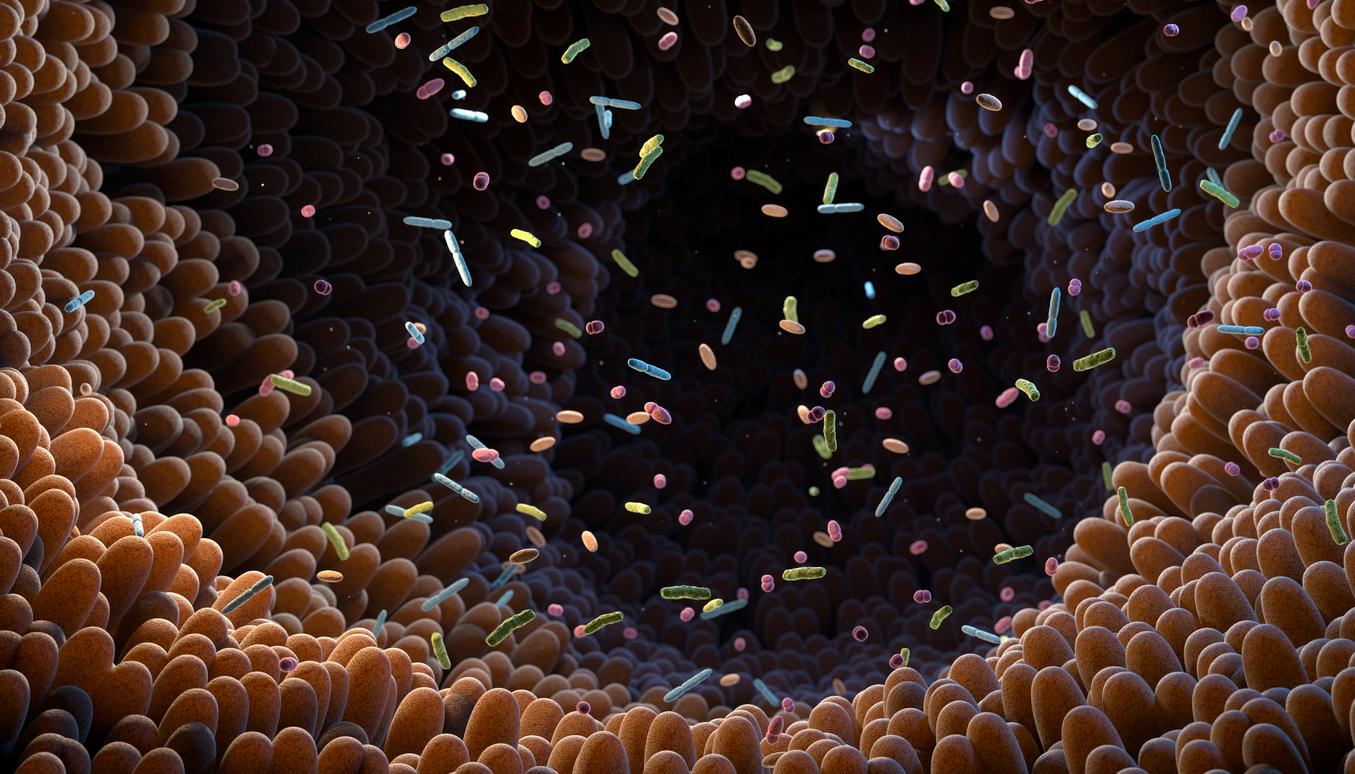An experimental drug for motor neuron disease (MND) has been shown to slow the progression of this rare neurodegenerative disease in many patients in a landmark trial.

- Motor neuron diseases are rare neurodegenerative diseases characterized by progressive loss of motor neurons resulting in motor impairment and progressive paralysis.
- Around 2,300 new cases of motor neurone disease are diagnosed each year in France, according to Public Health France.
- 90% of motor neurone disease cases are amyotrophic lateral sclerosis. In half of the cases, amyotrophic lateral sclerosis leads to the death of patients within 30 months of the onset of symptoms.
The drug “Biogen Tofersen” has shown promising results in slowing the development of motor neuron disease (MND). This drug works by deactivating a faulty gene that can cause this incurable neurodegenerative disease that affected physicist Stephen Hawking. Scientists at the University of Sheffield in England said significant results from the Phase 3 trial could offer life-changing improvements for hundreds of patients with the disease.
This treatment for MND improves mobility and lung function
The drug works by targeting a genetic mutation, SOD1, which is the known cause of 2% of MND patients. But, the researchers say, these findings could pave the way for a new class of gene-targeted treatments for a much wider set of patients. Researchers followed 108 patients with motor neurone disease at a clinic in Sheffield for 28 weeks, 49 of whom continued the trial for a further six months.
While a previous trial of the same drug failed to show significant results, patients who continued to take the drug “Biogen Tofersen” for six months experienced improved mobility and improved lung function. Some even report remarkable results.
One patient, Mr Wood, who was diagnosed with MND 10 years ago, said his participation in the study had dramatically improved his life, allowing him to enjoy holidays with his wife again. He can now manage to walk around his house without a stick and he has been able to reduce his use of painkillers. Another patient reported being able to write their own Christmas cards again after receiving the new treatment.
Speaking at a press briefing, a co-author of the research, neurologist Dame Pamela Shaw, said: “The first patient to start treatment five years ago was in a wheelchair and was declining. Now he walks around with walking sticks. I’ve done over 25 clinical trials for motor neurone disease and never before have I I’ve heard patients report stabilization or improvement. It’s a real change.”
What is amyotrophic lateral sclerosis?
Amyotrophic lateral sclerosis (ALS), which affects 90% of motor neurone patients, was put in the spotlight in 2014 with the “Ice bucket challenge”, widely broadcast on social networks. This disease causes the rapid degeneration of nerves and brain cells, leading to muscle weakness and loss. Patients also have trouble walking, talking, using their arms and hands, eating, and breathing. Over time, this can lead to paralysis and eventually death, although some can live with it for decades.
What are the current treatments for ALS?
Current treatment options are limited to relieving symptoms through diet, physical therapy, and speech therapy. An authorized medicine, Riluzole, may also slightly slow the progression of the disease, however it is not available for all patients. The researchers therefore hope that the new treatment can significantly improve the lifespan and quality of life of all people with an SOD-1 mutation.
The results, reported by The Guardianwere published in the New England Journal of Medicine. They were sent to the European Medicines Agency and the Food and Drug Administration in the United States as well as the Medicines and Health Products Regulatory Agency in Britain for approval.











-1721998247.jpg)





